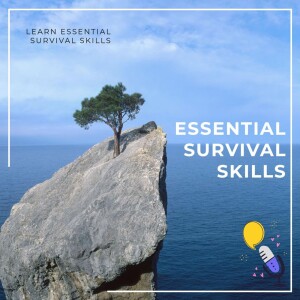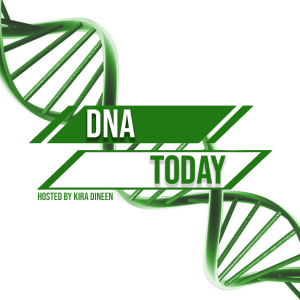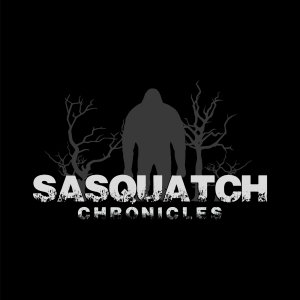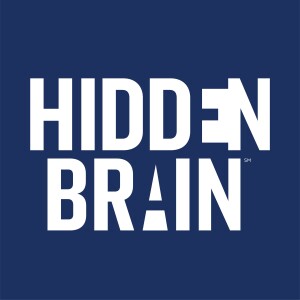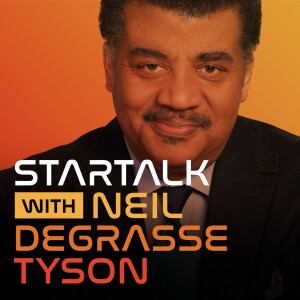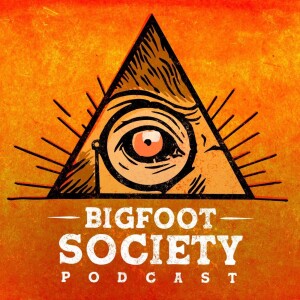

Space-based solar power gets serious, AI helps optimize chemistry, and a book on food extinction
On this week’s show: Cheaper launches could make solar power satellites a reality, machine learning helps chemists make small organic molecules, and a book on the extinction of foods
First up on the podcast, space-based solar power gets closer to launch. Staff Writer Daniel Clery talks with host Sarah Crespi about how reusable rockets bring the possibility of giant solar array satellites that beam down gigawatts of uninterrupted power from space.
After that, we hear about small organic molecule synthesis. Making large organic molecules such as proteins and DNA can be a cinch for chemists, but making new smaller organic molecules is tough—partially because optimized general reaction conditions are hard to come by. Nicholas Angello, a graduate research assistant and Department of Defense National Defense Science and Engineering Graduate fellow in the Burke group at the University of Illinois, Urbana-Champaign, talks about an approach that uses robots and machine learning to better optimize these reaction conditions.
Also in the episode: the last in our series of books on food and agriculture. This month, host Angela Saini talks with author Dan Saladino about his book Eating to Extinction: The World’s Rarest Foods and Why We Need to Save Them.
This week’s episode was produced with help from Podigy.
[Image: NASA; Music: Jeffrey Cook]
[alt: drawing of satellite solar panels with podcast overlay symbol]
Authors: Sarah Crespi; Dan Clery; Angela Saini
Episode page: https://www.science.org/doi/10.1126/science.adf4939
About the Science Podcast: https://www.science.org/content/page/about-science-podcast
Learn more about your ad choices. Visit megaphone.fm/adchoices
More Episodes
All Episodes>>Create Your Podcast In Minutes
- Full-featured podcast site
- Unlimited storage and bandwidth
- Comprehensive podcast stats
- Distribute to Apple Podcasts, Spotify, and more
- Make money with your podcast
